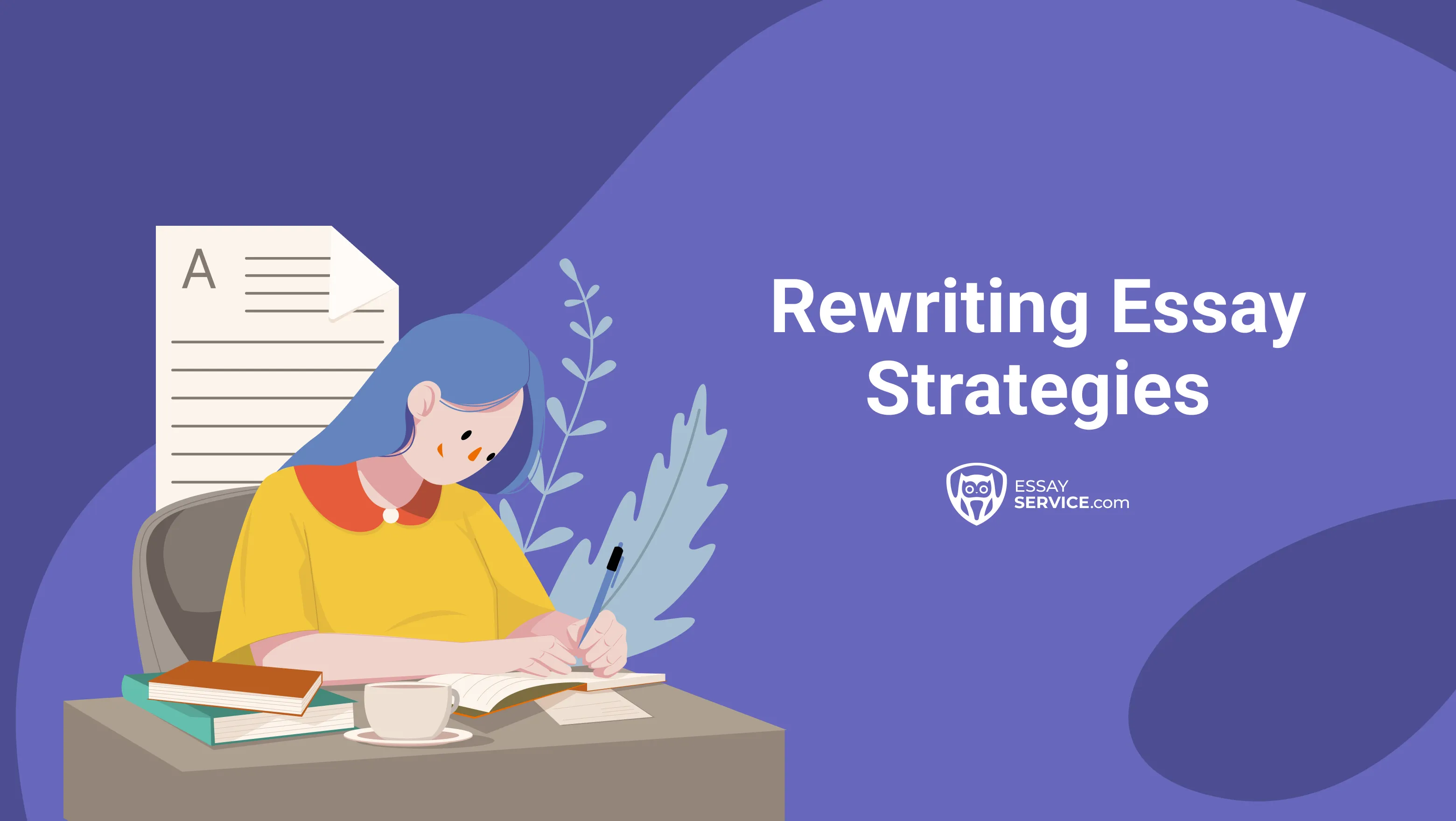Comparisons are built either to explain or to stir something in the reader. We guarantee you've seen both without thinking much about the differences. Here's a quick way to tell analogy vs. metaphor apart:
- An analogy explains how things relate and leans toward explanation.
- A metaphor brings a feeling or image to mind and leans toward expression.
This article walks you through the basics of analogies and metaphors so you can use them mindfully. And if you understand how they work but are still unsure how to build strong comparisons for your assignments, professional writers from EssayService can help you every step of the writing process.
What Is an Analogy?
Let’s get specific about the analogy meaning first. An analogy is a literary device writers use to show how two things are alike. The purpose of an analogy is simple: to make something easier to understand by comparing an abstract or complicated idea to something the reader is already familiar with. We often run into analogies in explanatory writing where we need the reader to follow along new concepts.

How Analogies Help You?
An analogy can make your ideas more accessible. It helps readers grasp complex ideas or unfamiliar topics.
They Make Complicated Ideas Easier to Understand
Analogies ground abstract concepts into something the reader already knows. For example, say that our memory is like a filing system instead of trying to explain how memory works with technical language. That comparison helps someone unfamiliar with the topic get the idea without needing all the background.
They Make Your Arguments Clearer
Analogies can drive a point home. An author who wants to show that quick solutions will not fix underlying problems could write that painting over a crack will not make the wall stronger. The reader doesn't need an explanation anymore because they instantly understand your point.
They Keep Your Writing More Engaging
Your writing becomes a lot more readable by comparing something unfamiliar to something well-known. For instance, explaining language learning as a gradual process that needs constant practice (just like tending a garden) makes the reader relate to your concept.
What Is a Metaphor?
A metaphor is a figure of speech that describes one thing as if it were something else. It's a method of describing an idea more vividly. For instance, writing 'Her voice was velvet' instead of saying a person's voice was nice skips the explanation and gets directly to the feeling.
How Metaphors Help You?
Analogies are great for explaining ideas. Metaphors offer a different value. They allow you to express emotions in just a few words.
They Make Emotions Easier to Understand
Even the greatest writers might struggle to express emotions without making them sound flat. Metaphors offer a more descriptive path. Writing, 'Grief sat on his chest,' tells the reader more than telling him he is sad. You have a physical sense of the emotional weight.
They Leave a Strong Impression
A strong metaphor stays with you. Sentences like 'Ideas are seeds' or 'Hope is a candle in the darkness' give you the power to impress. The message sticks with the reader despite not being conveyed directly.
They Add Style and Voice
Metaphors can sound casual, poetic... depending on how you use them. Doesn't 'The city never sleeps' feel more alive than just saying 'The city is always busy?' A line like that helps your writing sound more like you.
Difference Between Analogy and Metaphor
Analogies and metaphors help you compare things, but they don’t work the same way. Each has its own weight to carry. Here's how they break down:

Analogies
- Explain how two things are similar
- Are often longer and more detailed
- Help clarify something unfamiliar
- Often use words like “as” or “like”
Metaphors
- Express an idea by saying one thing is another
- Are shorter and more direct
- Focus on emotion and imagery
- Skip comparison signals and go straight to the point
How to Use Metaphors and Analogies in Writing?
Here's how you can apply metaphors and analogies mindfully to all kinds of writing:
- Use analogies to explain: Associate technical or abstract ideas with things readers are familiar with.
- Use metaphors to evoke feelings: Metaphors make your writing feel vivid because they can bring out emotions.
- Don't overdo it: Too many metaphors and analogies in the same paragraph will feel messy.
- Be consistent with the tone: A humorous blog can get away with a cheesy metaphor. An academic paper will need a logical analogy.
- Check that your comparison makes sense: Effective analogies and metaphors clarify your points, not confuse the reader.
- Use them mindfully: Save metaphors and analogies for the parts where they will actually pull their weight.
Analogy vs. Metaphor Examples
The best way to understand something is to see how it works in real life. Here are a few examples to show the difference clearly:
Analogy Examples
- Time works like money. You’ve got a limited amount each day, and how you use it matters.
- Explaining a joke is like pressing pause on a good movie to talk about the plot.
- Using a weak password invites trouble, much like leaving your front door open
- Studying for a big exam is like training for a marathon. You build up your endurance over time, not the night before.
Metaphor Examples
- “His mind was a prison.”
- “Hope was a quiet flame, barely flickering but still burning.”
- “Time is a thief.”
- “His smile was a shield, hiding everything he didn’t want to say.”
- “The classroom was a zoo.”
The Bottom Line
Comparisons, only when used right, can improve your creative and academic writing more than you think. Here's what you should remember from the article:
- Analogies explain how two things are alike.
- They make complex ideas easy to understand.
- Metaphors express one thing as another
- They bring more feeling into your writing.
- Both can make your writing more engaging when used mindfully.
- Knowing when and how to use them makes creative writing more impressive.
EssayService is here to help every time you find yourself struggling to use analogies and metaphors in your papers. Connect with a professional writer and let them help you build strong comparisons for improved assignments.
Frequently Asked Questions
Is a Metaphor an Analogy?
No. A metaphor says one thing is something else. An analogy explains how two things are alike. They’re connected, but they’re not the same thing.
What Is an Example of a Metaphor and an Analogy?
A metaphor might be: “Her words were daggers.” An analogy could be: “Talking to him is like talking to a wall: no matter what you say, it doesn’t go anywhere.”
What Is the Difference Between an Analogy and a Metaphor?
A metaphor is quick. An analogy takes a little more time. The first paints a picture, while the second makes something understandable.

Susan shapes the new generation of nursing professionals as a professor. Her medical degree and teaching experience make for a wealth of advice on researching and writing complex papers.
Swinburne, R. (1991). Analogy and Metaphor. Revelation, 39–51. https://doi.org/10.1093/0198239688.003.0004
New posts to your inbox
Your submission has been received!



